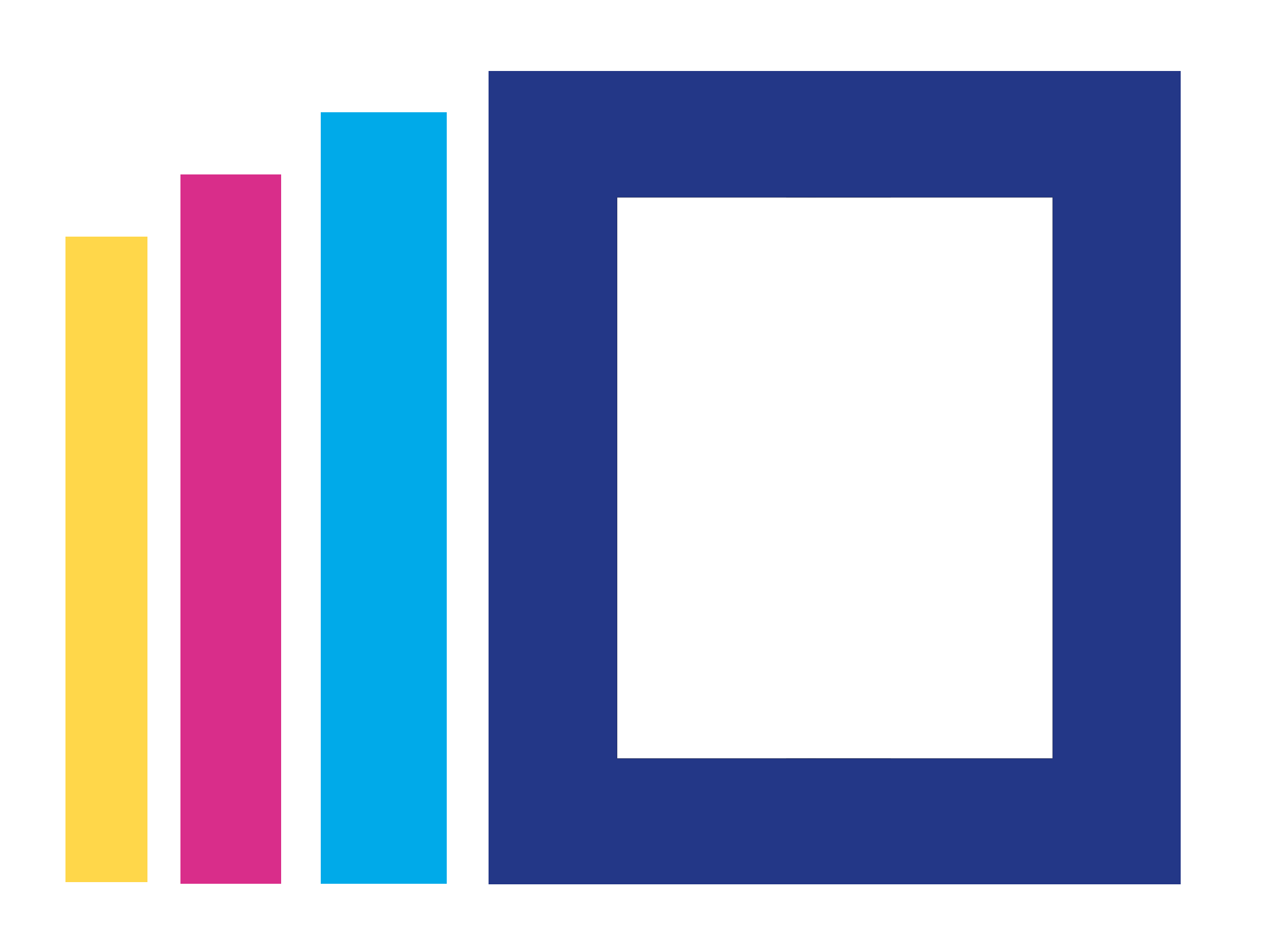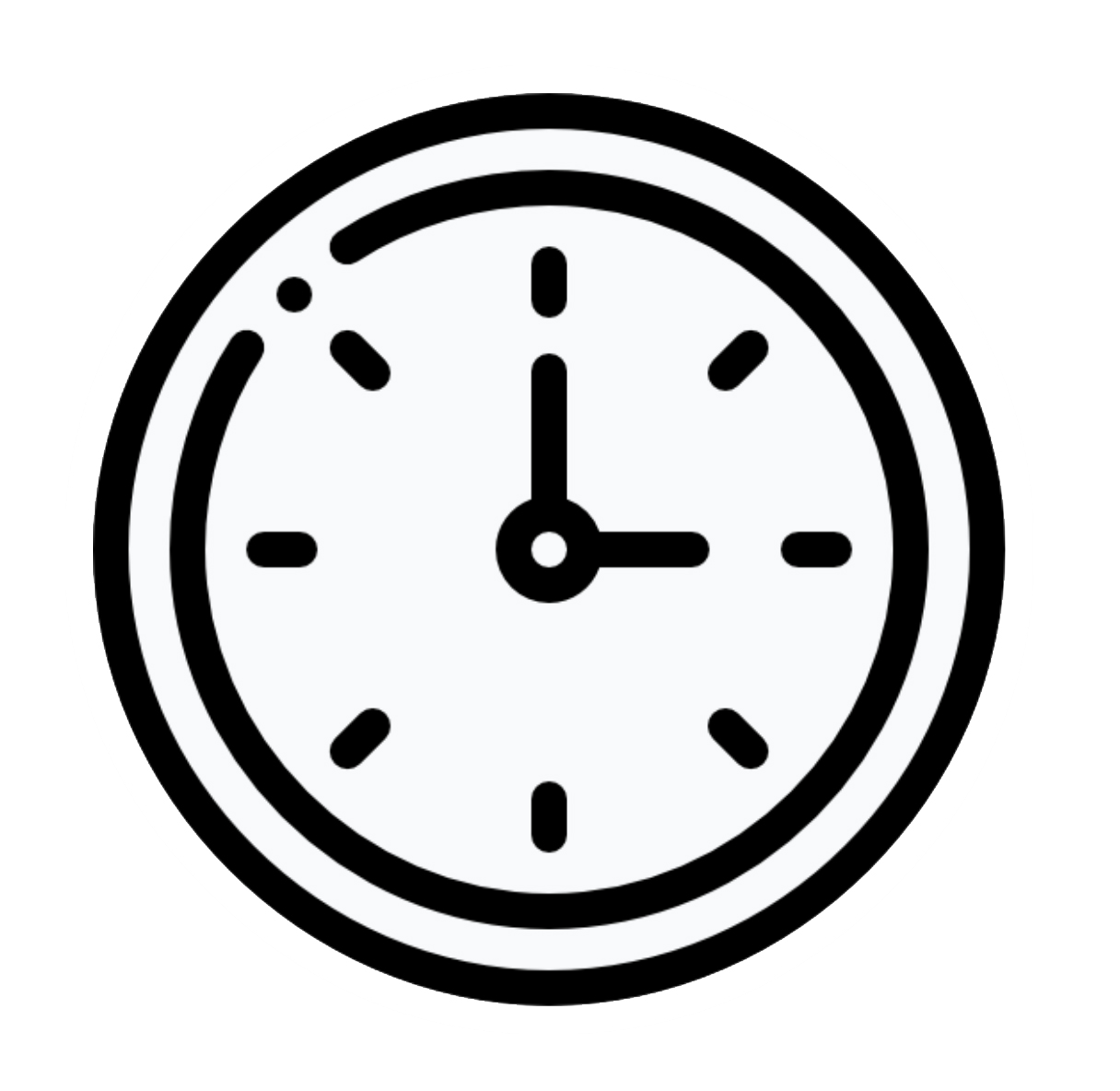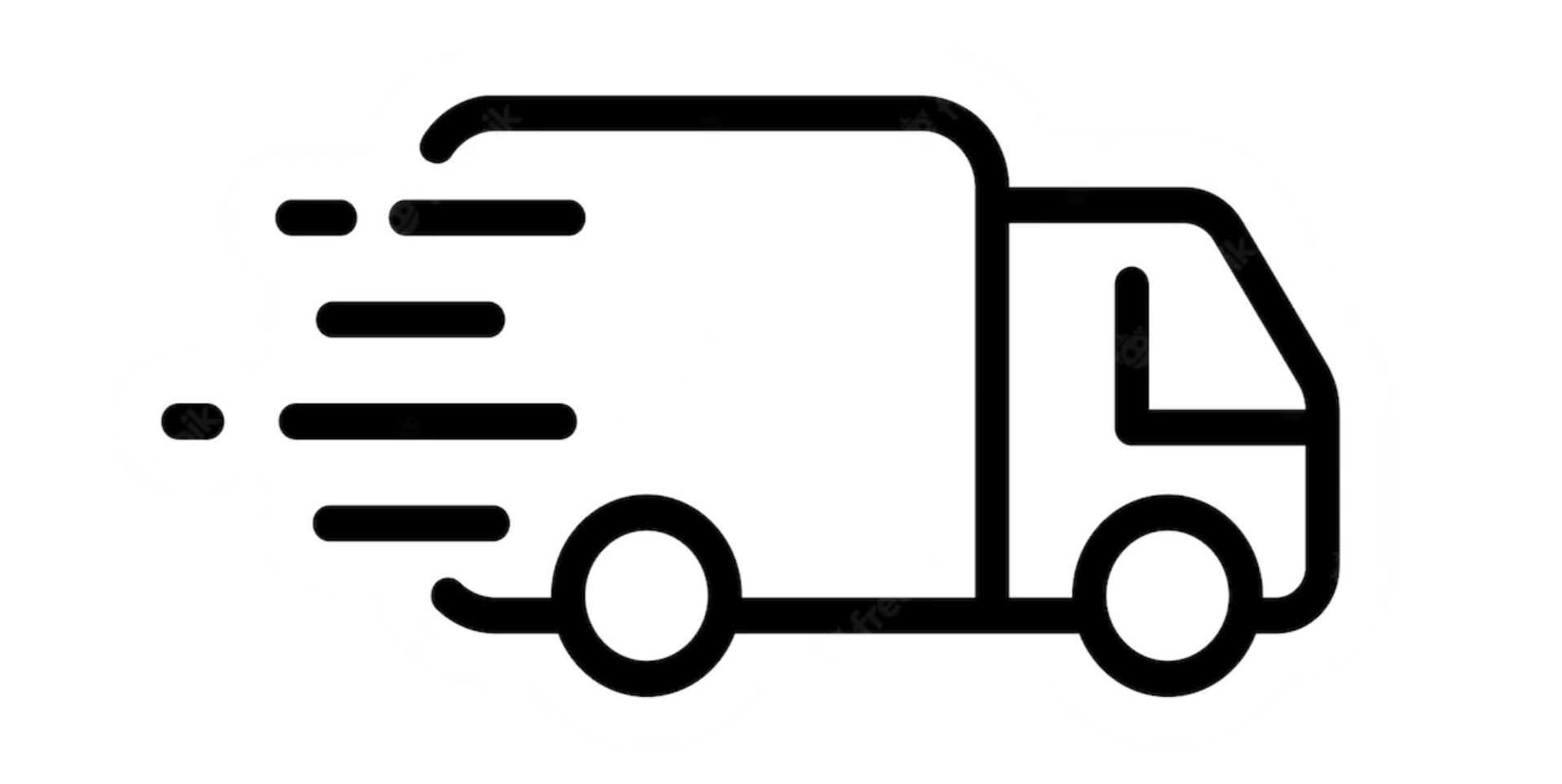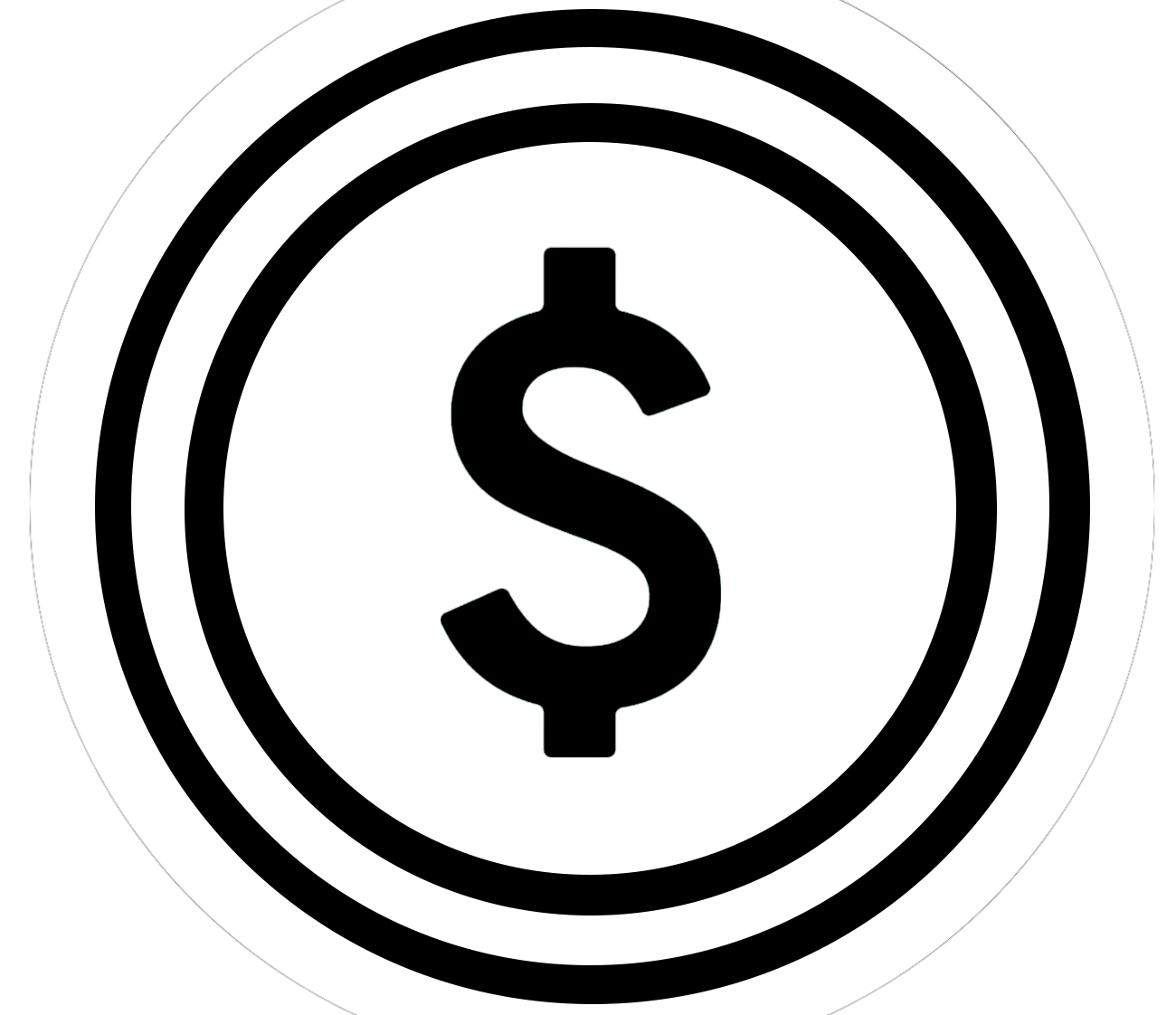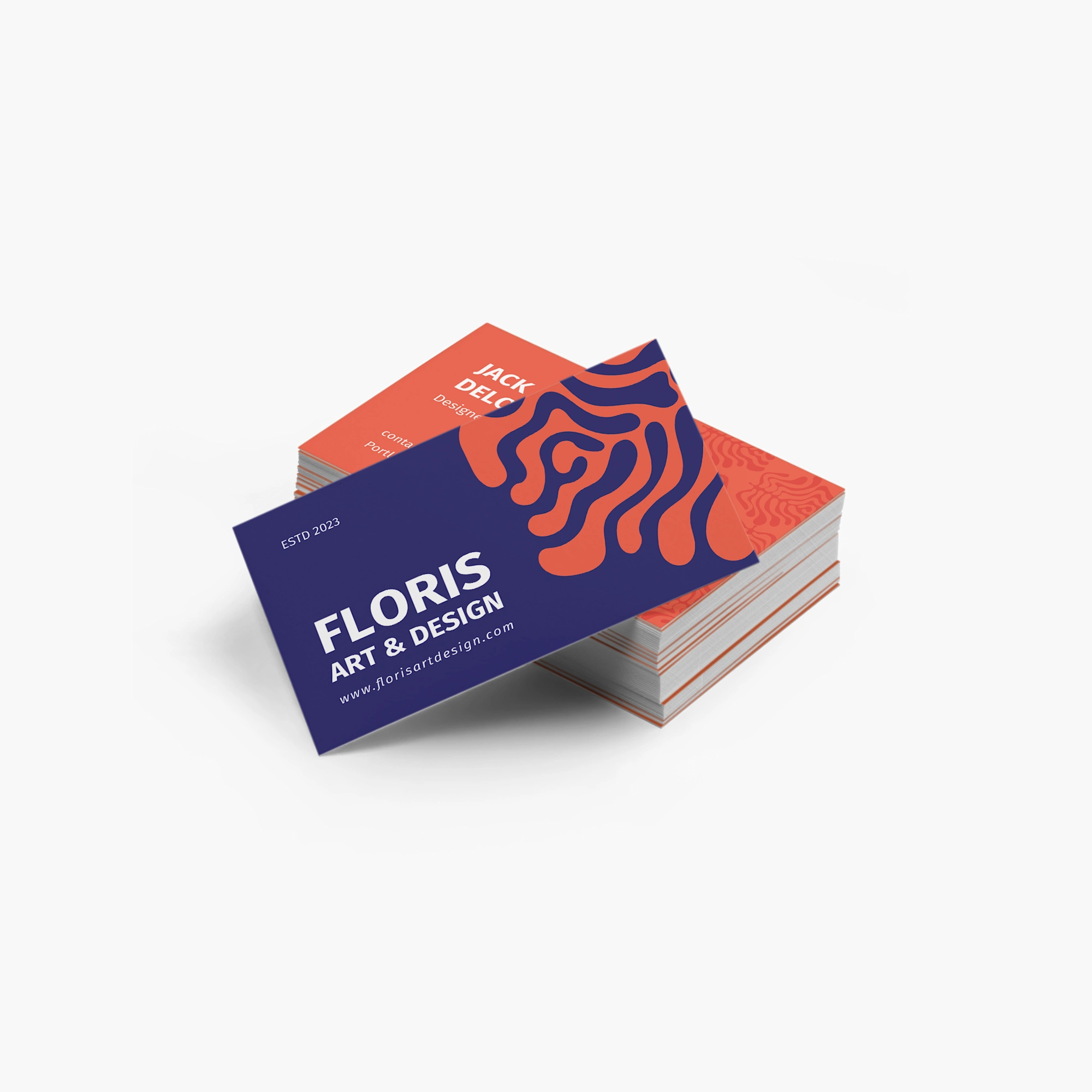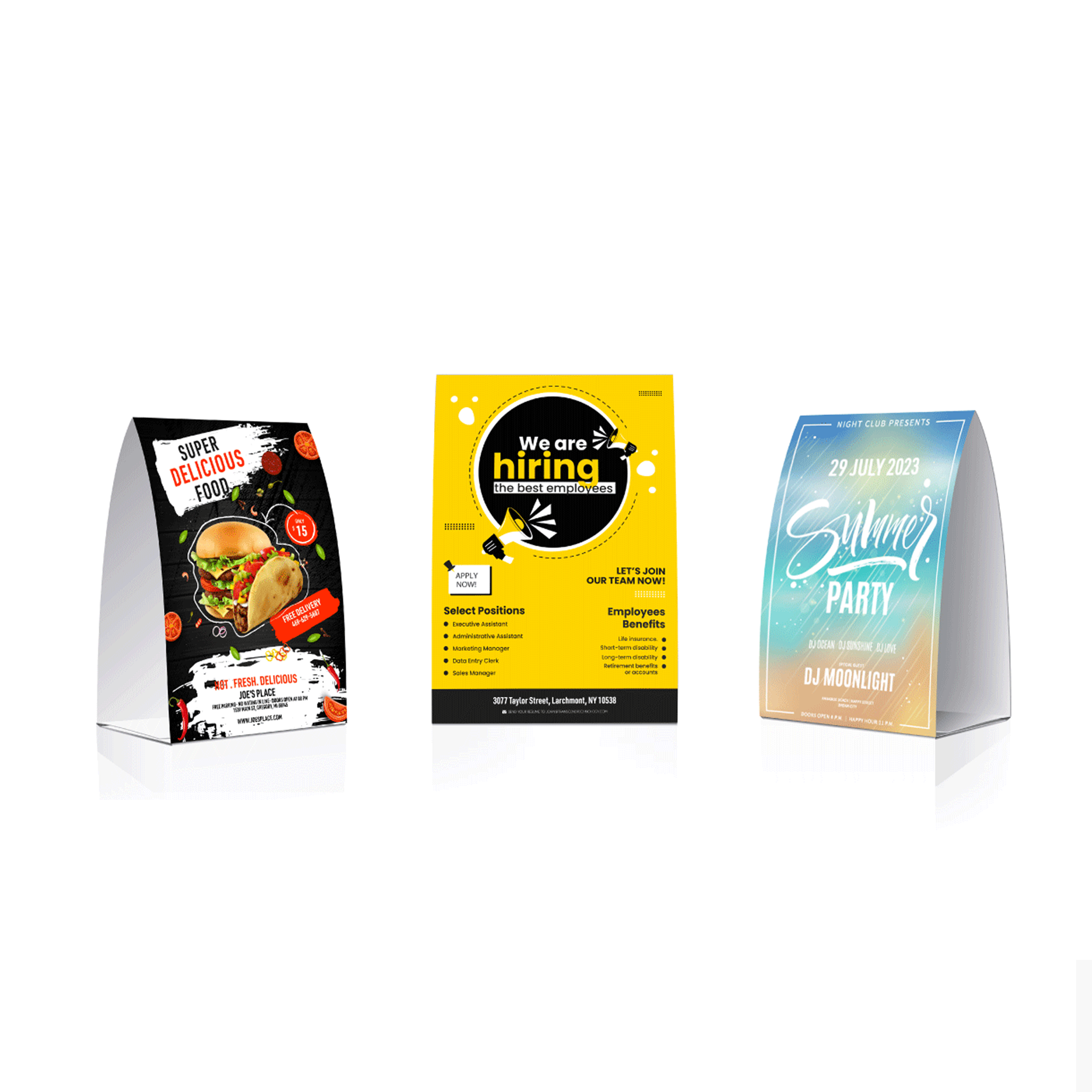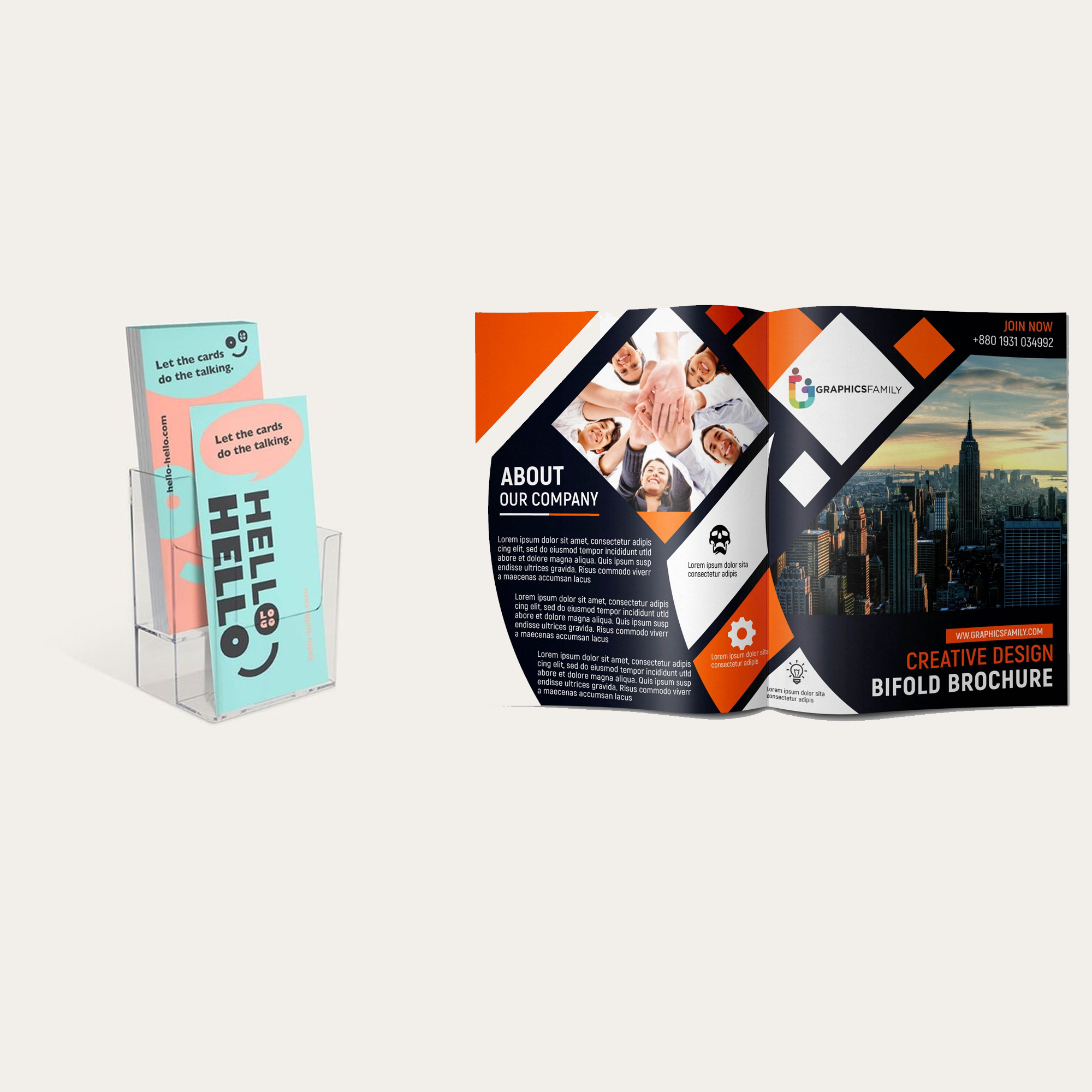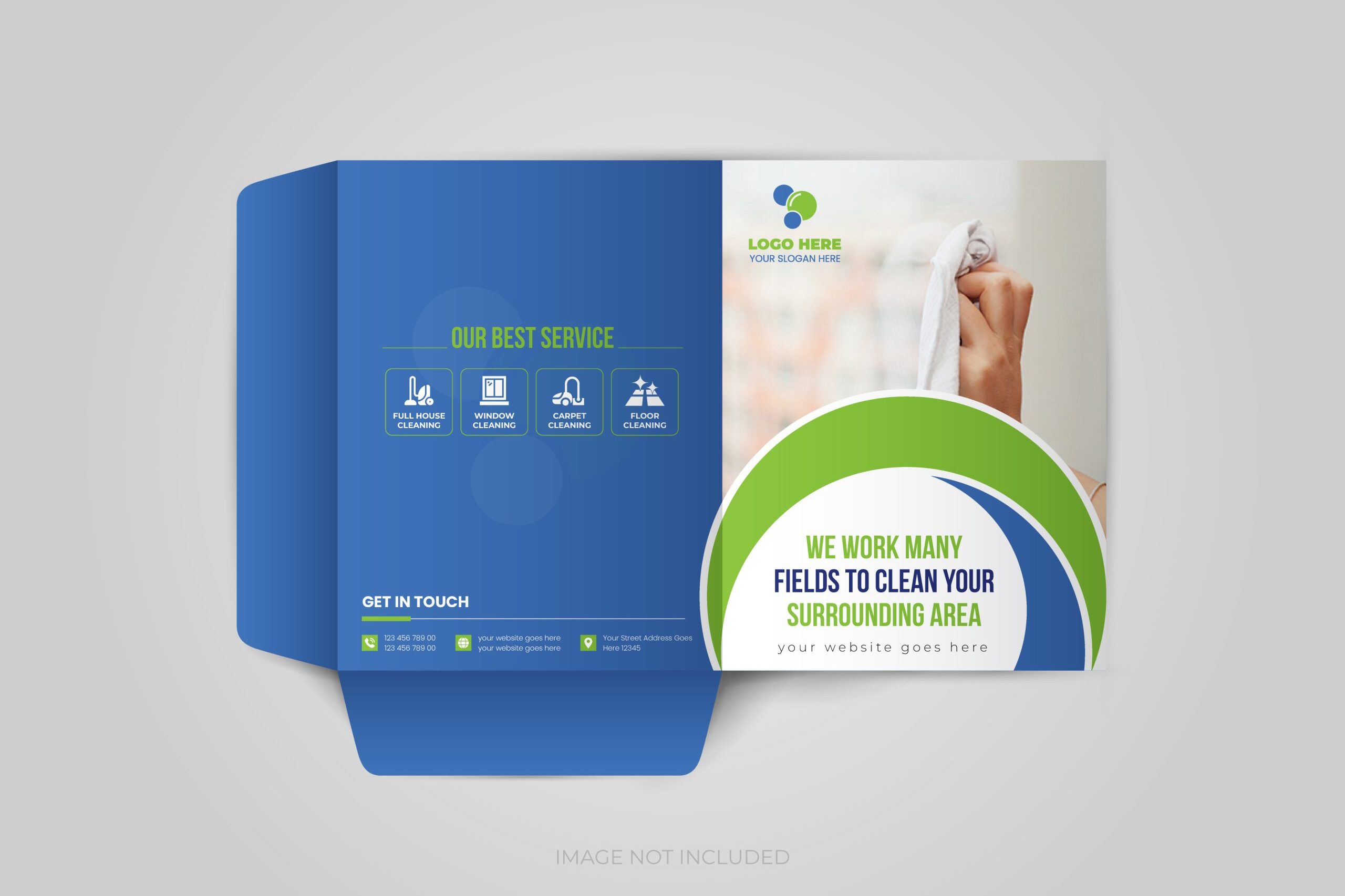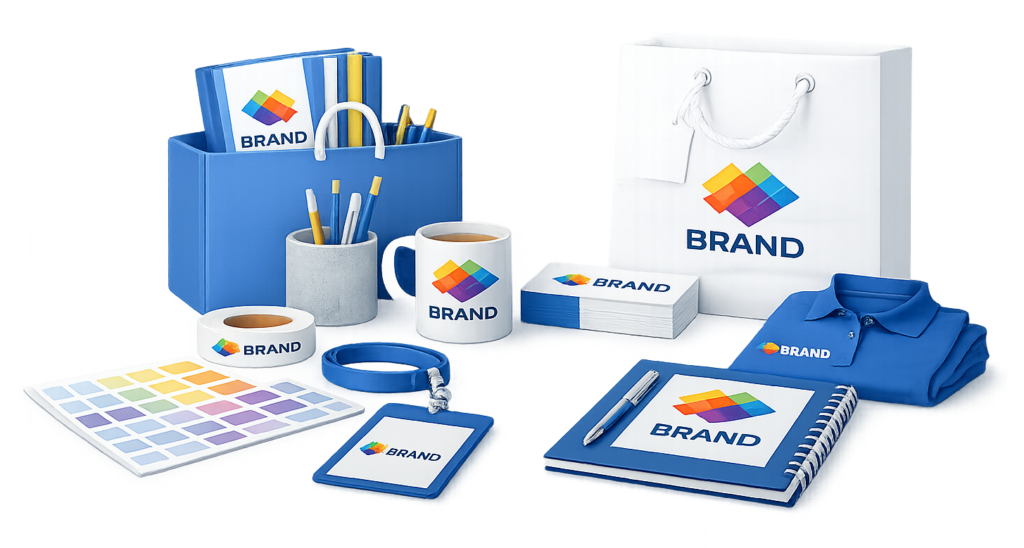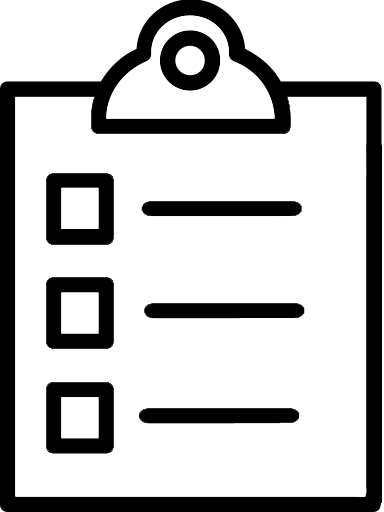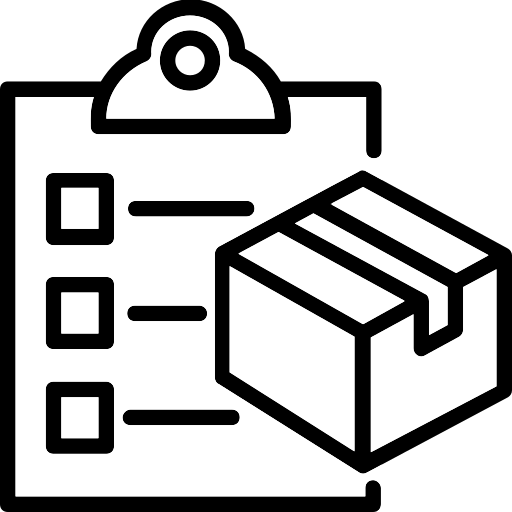Business cards! Those little rectangles that hold a surprising amount of information about you and your professional awesomeness. But before you jump in and order a stack with your face on them (or at least your name!), you might be wondering: how much does business cards cost?
The truth is, there’s no one-size-fits-all answer. The cost of your business cards depends on a few different factors, kind of like how the price of a pizza can vary depending on the size, toppings, and crust you choose.
Let’s dive into the world of business card pricing and explore what affects the final cost so you can make an informed decision and order the perfect business card that fits your budget.
Quantity Makes a Difference: Ordering in Bulk Saves You Bucks
One of the biggest factors affecting the cost per card is the quantity you order. Imagine buying cookies at the store. A single cookie might be more expensive than if you buy a whole box! The same principle applies to business cards. Printers typically offer discounts for larger orders. So, if you know you’ll be handing out your card frequently, ordering a bigger batch upfront can save you money in the long run.
Material Matters: Standard Paper or Something More Fancy?
The type of paper you choose for your business cards can also affect the price. Standard cardstock is the most affordable option, but it might not make the strongest first impression. If you’re looking for something a bit more unique, you can explore options like thicker cardstock, recycled paper, or even plastic business cards. These options will typically cost more per card, but they can also add a touch of sophistication and leave a lasting impression.
Size It Up: Standard or Go Big (or Small)?
The standard business card size is 3.5 inches by 2 inches. However, some people like to break the mold and opt for a different size, either a bit larger or even a miniature version. While these unconventional sizes can definitely grab attention, they might also come with a higher price tag. So be sure to weigh the impact factor against the additional cost before making your final decision.
Special Touches: Spot UV, Foil Accents, and More!
Want your business card to truly stand out? Some printers offer special finishes like spot UV coating (which makes certain areas of the card glossy) or metallic foil accents. These add-ons can definitely elevate the look and feel of your card, but they’ll also add to the overall cost.
Design Dilemma: DIY or Hire a Pro?
If you’re a whiz with graphic design software, you can design your business card yourself and save some money. However, if design isn’t your forte, consider hiring a professional designer. While this will add to the initial cost, a professional can create a polished and impactful design that reflects your brand perfectly.
Don’t Forget Printing!
Finally, there’s the actual printing cost. This can vary depending on the printer you choose, the turnaround time, and any additional services like expedited shipping. It’s always a good idea to get quotes from several different printers before making a decision.
Here’s a Snapshot: A Range of Business Card Costs
To give you a general idea, here’s a breakdown of the typical cost range for business cards, considering different factors:
- Standard paper, standard size, small quantity (50-250 cards): $10 – $50
- Standard paper, standard size, larger quantity (500-1000 cards): $20 – $75
- Thicker cardstock, standard size, medium quantity (250-500 cards): $30 – $100
- Unique materials, special finishes, or non-standard sizes (any quantity): $100+
Beyond the Cost: The Value of a Great Business Card
While it’s important to be mindful of your budget, remember that your business card is a powerful networking tool. It’s a mini-billboard that represents you and your brand. A well-designed and high-quality business card can make a positive first impression and leave a lasting impact on potential clients or collaborators.
So, the real question isn’t just how much do business cards cost, but rather, how much value will they bring to your professional network?
